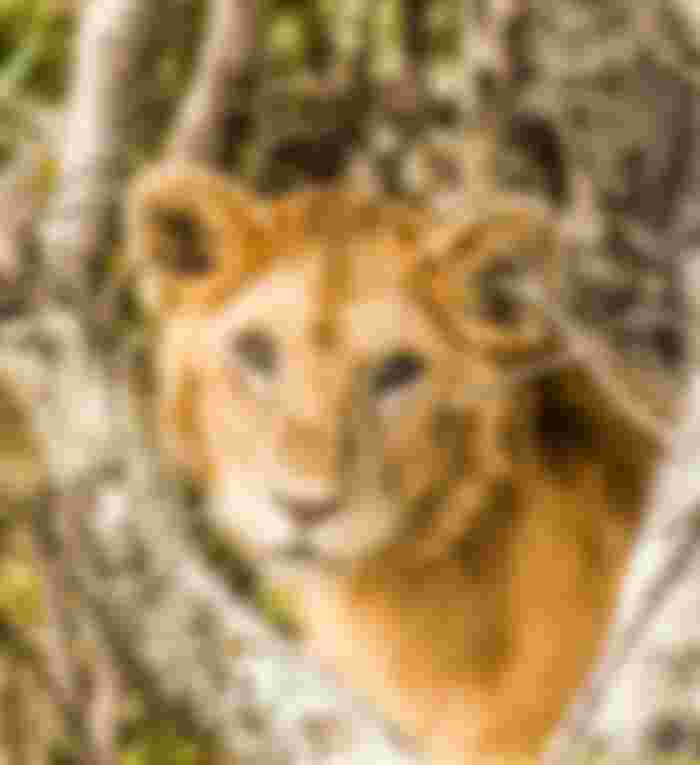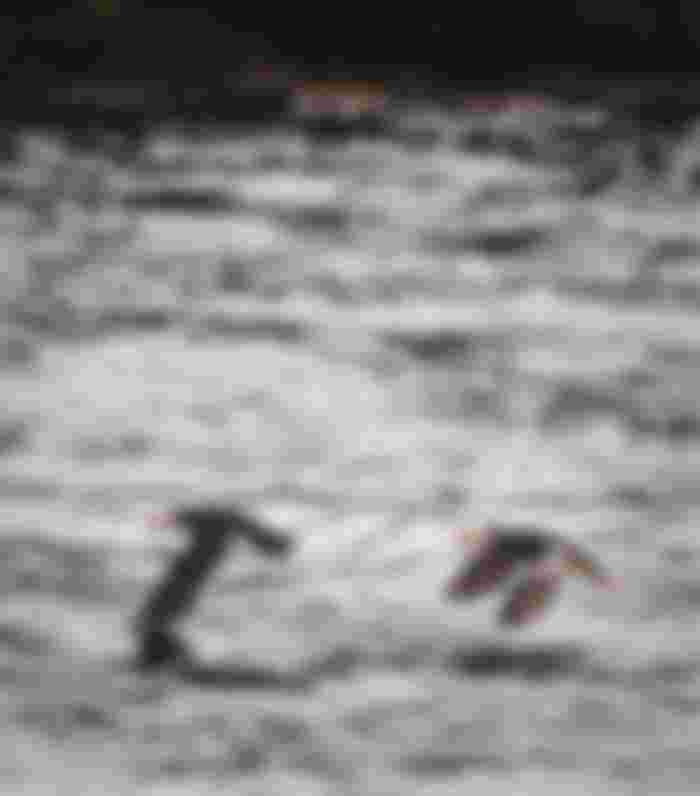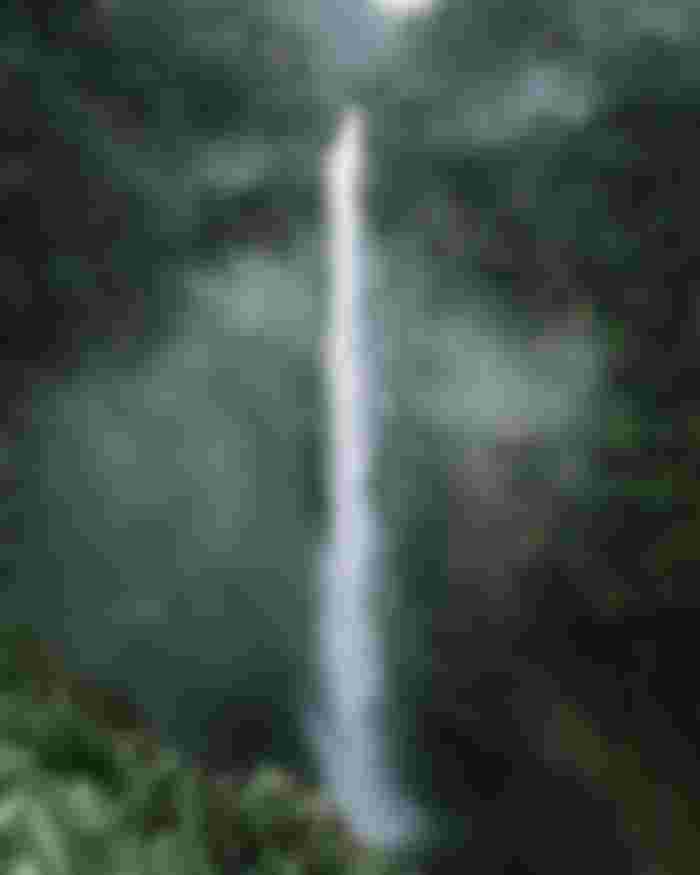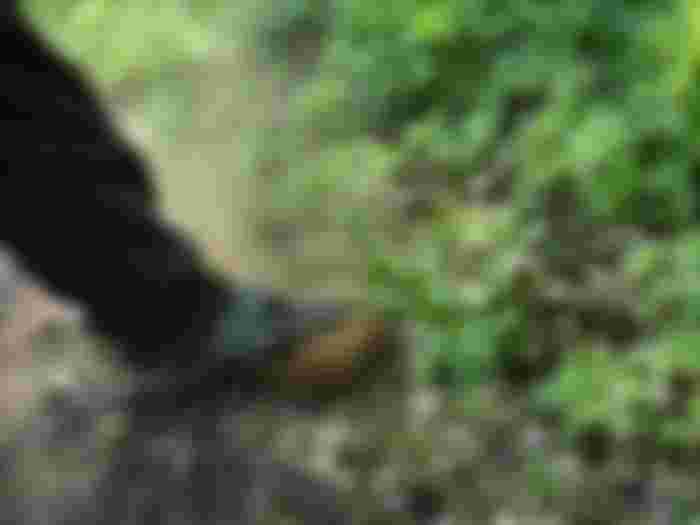The report on life on the planet in 2020. reveals that the world's populations of mammals, birds, amphibians, reptiles and fish have decreased by an average of two thirds in less than half a century.
We will consider three items when analyzing the impact on life on the planet:
The causes are environmental destruction through deforestation, unsustainable agriculture and illegal wildlife trade, which contributes to the outbreak of viruses such as COVID-19
Freshwater biodiversity is disappearing much faster than in oceans or forests - the average rate of decline in freshwater species populations since 1970 is 84%
WWF calls for urgent measures to reverse the trend by 2030, by stopping the destruction of natural habitats and reforming our food system

The world's populations of mammals, birds, amphibians, reptiles and fish have shrunk by an average of two-thirds in less than half a century.
This is largely the result of environmental destruction that also contributes to the emergence of zoonotic diseases such as the COVID-19 pandemic.
The report on life on the planet is a comprehensive study of the state of our nature through the Living Planet Index (LPI), which monitors the state of the population of wild species. The LPI, provided by the Zoological Society of London, shows how the same factors, which are believed to increase the possibility of pandemics, are behind the 68% reduction in the size of vertebrate populations between 1970 and 2016. And while some of these factors are land conversion and wildlife trade, the main cause of dramatic population decline is habitat loss and degradation, including deforestation, all due to food production patterns.

The report on life on the planet in 2020 points out that the accelerated destruction of nature, as a consequence of human activities, has catastrophic impacts not only on the populations of wild species, but also on human health and all other aspects of our lives. We cannot ignore the evidence before us because a serious decline in wildlife populations is a warning sign that indicates a malfunction of the system.

The most threatened is the biodiversity of freshwater ecosystem
Freshwater biodiversity is disappearing faster than in any other ecosystem. Since 1900, more than 70% of the world's wetlands have disappeared, and since 1970, populations of freshwater species have shrunk by 84%, more than those living in forests or oceans. The world's rivers are overcrowded with existing and planned infrastructure, water consumption is growing year by year, freshwater fishing areas are overexploited, and the lives of millions of people are becoming increasingly precarious. It is similar in our region.

In Serbia, we are witnessing a great attack on our rivers. It is planned to build over 800 small hydropower plants. If we allow this to continue, most streams and rivers will be endangered and their waters will dry up. This will result in a large loss of biodiversity, and local communities will have to bear the brunt.
We are committed to reconsidering these plans. Rivers in Serbia are still one of the last free-flowing rivers in Europe, and their contribution to local and global biodiversity is enormous, as is their impact on human health. We should find a way to protect rivers, instead of extracting negligible amounts of electricity from them, with selected individuals making significant gains. By abolishing subsidies for small hydropower plants, implementing river restoration projects and expanding the network of protected areas, we can ensure a sustainable and more resilient future for nature and people.

By increasing freshwater biodiversity, we contribute to improving human health in a variety of ways - from reducing the possibility of new diseases, to increasing food availability. The current situation indicates that we must act immediately. In order to stop the loss of freshwater biodiversity, an ambitious intervention plan is needed. It includes enabling the natural flow of rivers, reducing pollution, protecting key wetlands, stopping overfishing and unsustainable sediment excavation, controlling invasive species, and protecting and restoring the links freshwater habitats have with surrounding ecosystems.

Food production and consumption key drivers of biodiversity loss
A similar plan is necessary for all of the world's biodiversity. Stabilizing and stopping the loss of nature will only be possible if we work bravely and ambitiously to preserve nature, and if we change the way we produce and consume food. Necessary changes include more efficient and environmentally sustainable food production and trade, waste reduction, and the selection of healthier and more environmentally friendly diets.
The decline of biodiversity in the world contributes to the increase of global inequalities, deepening the divisions between the global north and the south. Likewise, it increases the vulnerability of small communities that will be most affected by the loss of nature. Therefore, all plans to stop the loss of nature should include addressing fundamental social and economic problems that are only deepening with the loss of biodiversity.
We must focus on fair and sustainable agriculture and food production, fair wages, waste reduction, equal access to natural resources and an integrated approach to nature restoration and conservation. The joint implementation of these measures will enable faster mitigation of pressures on the habitats of wild species. Conversely, if we continue as before, the rate of biodiversity loss will continue to rise.

Thank you for patience! Cheers!!!







If the destruction of nature continues, it will not be good for humanity in the future.